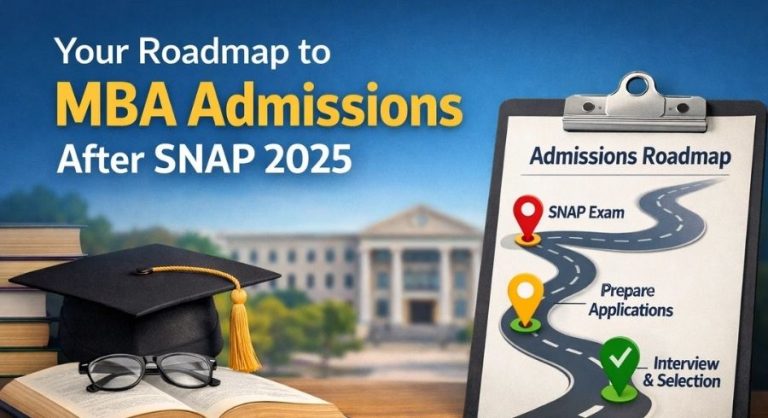Voice AI like Alexa is transforming rural education in India—boosting student engagement, learning outcomes, and teacher support in under-resourced schools.
Hey Alexa, Can You Teach? Reimagining Rural Education Through Voice-Enabled AI

Teaching with Tech: How Alexa Transforms Rural Schools
India’s rural education system faces persistent challenges—scarcity of qualified teachers, outdated learning materials, and low student engagement and retention. With over 64% of India’s population residing in rural areas, bridging the rural-urban educational divide has become a national imperative.
This study investigates an emerging and unconventional solution: the use of Amazon Alexa as a voice-enabled teaching assistant in rural Indian primary schools. The rationale behind this research lies in exploring how artificial intelligence (AI), specifically voice assistants, can supplement limited human resources and modernize pedagogy in under-resourced settings.
While AI in education has been largely studied in urban or higher education contexts, its application in rural, low-infrastructure environments remains underexplored. The study addresses this gap by focusing on Alexa’s integration in primary schools in states such as Maharashtra, Tamil Nadu, Kerala, and Chhattisgarh.
MBA with Artificial Intelligence (AI)
Using qualitative content analysis of 50 news articles, blogs, and 20 YouTube videos between 2018 and 2023, the researchers examined how Alexa was implemented, the types of questions students asked, and how it affected classroom dynamics and learning outcomes.
The constructivist learning theory underpinned the research, emphasizing student-centered learning through active engagement and inquiry. The findings are eye-opening: Alexa significantly improved English vocabulary, reading comprehension, and public speaking confidence among rural students. In many schools, Alexa’s presence also led to increased enrollment and student retention.
Students felt more comfortable asking questions to the voice assistant than to teachers or parents, leading to greater classroom participation. Teachers transitioned into facilitators, using Alexa to reduce their administrative burden and focus more on personalized instruction.
From a corporate or ed-tech industry perspective, the study highlights the untapped market potential for AI-driven educational tools tailored to rural environments. Companies developing voice-based platforms can draw on this model to expand reach in underserved regions.
However, challenges such as internet connectivity, data privacy, and lack of digital infrastructure still persist. These require collaborative solutions between technology firms, policymakers, and educators. For society, the case study shows that technology, when thoughtfully implemented, can foster educational inclusion, empower communities, and support national education goals.
More broadly, it raises important policy implications: AI cannot replace teachers, but it can meaningfully augment their impact, especially where human resources are scarce.
This study offers a blueprint for how AI can catalyze social transformation through education and calls on corporate stakeholders to invest in inclusive, scalable, and context-sensitive technological solutions for real-world problems.
Apply Now for MBA^/PGDM
The full research paper can be accessed here: Darda, P., Gupta, O. J., & Yadav, S. (2024). Metamorphosing traditional pedagogy: examining the transcendent influence of Alexa in catalyzing educational paradigm shifts within rural Indian communities. International Journal of Educational Management, 38(3), 605-621. DOI: https://doi.org/10.1108/IJEM-07-2023-0347











